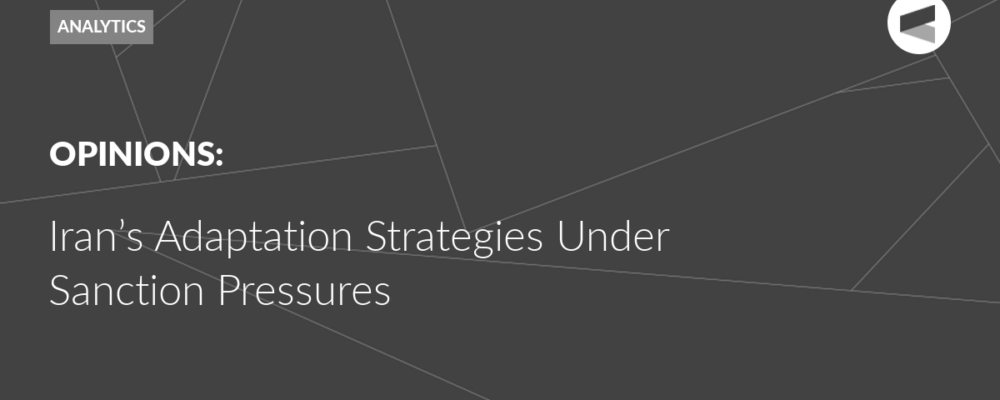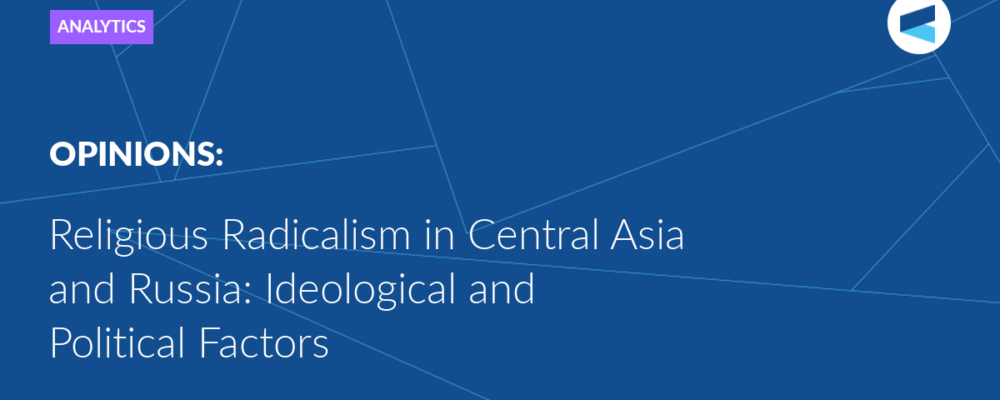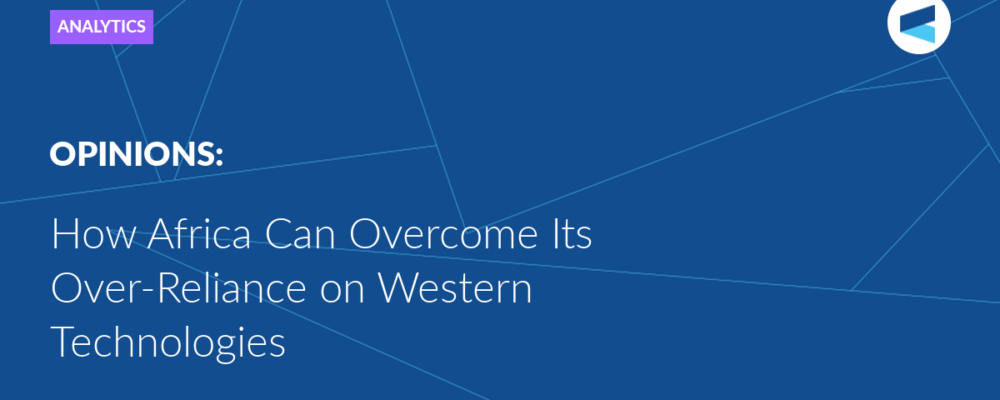Another global problem has been the growth of waste associated with the digital transformation. In the second decade of the 21st century, the volume of screen and monitors waste, as well as discarded telecommunications equipment, increased worldwide by 30% – from 8.1 million to 10.5 million tons. Moreover, digitalisation affects the overall growth of waste not only directly, but also indirectly – stimulating additional consumption through recommendation algorithms.
UNCTAD experts note that digital technologies are traditionally presented as a means of transferring real processes to a virtual environment in the “clouds”, which should reduce the burden on the environment. However, these expectations have not been confirmed, since digitalisation relies heavily on the material world. Thus, in order to produce a computer weighing 2 kg, 800 kg of raw materials are needed. And here is another interesting nuance: the necessary metals and minerals are largely concentrated in a narrow array of countries. For example, 68% of the world’s cobalt production comes from the Democratic Republic of the Congo, and 59% of manganese comes from Gabon and South Africa. This factor should be kept in mind when analysing modern geopolitical processes.
The ecological footprint of the ICT sector is further increased by complex digital technologies such as blockchain, artificial intelligence, 5G mobile networks and the Internet of Things. Why is this happening? Because it is not only about processing existing data and servicing already-registered users, but about the endless creation of new, more complex services and the addition of new connected devices, as well as further growth in the volume of processed data in geometric progression.
The report provides an interesting fact. During the training of GPT-3 (the large language model on which ChatGPT is based), 700 thousand litres of drinking water were used for cooling in data centres in the United States. This is despite the fact that a huge number of people on the planet do not have access to drinking water! These figures allow us to imagine how large the water footprint of modern digital goods and services is.
How do UNCTAD experts see the solution to the identified problems? The organisation calls for “global policies involving all stakeholders to enable a more circular digital economy and reduced environmental footprints from digitalisation, while ensuring inclusive development outcomes.” This approach in its pure form is unlikely to be supported by developed countries that have advantages in digital technologies and are striving to maintain them – they are unlikely to voluntarily impose restrictions on themselves. But the negotiation process itself runs the risk of turning against developing countries, since various aspects of environmental issues can be used as a lever of pressure on the economy and industry of growing countries.
For Russia, the considerations set out in the report can be very useful in terms of building a harmonious and balanced economy, taking into account the identified problems. It is optimistic that artificial intelligence is already being actively used in Russia to solve environmental issues. Experts from the MGIMO Artificial Intelligence Centre give the following examples: neural networks are used within the framework of the “Clean Air” federal project to assess the volume of polluting emissions in the atmosphere, optical separators are being introduced at waste sorting stations, intelligent systems for monitoring and forecasting the danger of natural disasters are being developed (for example, the ISDM-Rosleskhoz remote monitoring information system), as well as tools for assessing the carbon balance (the Carbon-E information and analytical system), and others.
What does the publication of such a report by an influential and authoritative international structure of the UN, which essentially contrasts the digital and “green” economic models, indicate? That elite groups promoting global digital and “green” projects, which can be conditionally called netocracy and ecocracy, have less and less space to negotiate and find compromises. This space is narrowing due to the limited nature of the financial and material resources required to implement such large-scale initiatives. After all, the same basic minerals used in digital devices (aluminum, cobalt, lithium, rare earth elements, etc.) are equally in demand in the production of digital devices and in the creation of technologies and equipment for the transition to a low-carbon economy. Therefore, in the near future, we will see many more arguments from the parties as to why this or that direction of economic development is more suitable for the future of humanity.
The Valdai Discussion Club was established in 2004. It is named after Lake Valdai, which is located close to Veliky Novgorod, where the Club’s first meeting took place.
Please visit the firm link to site






